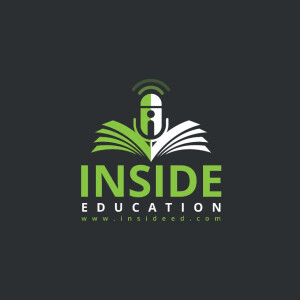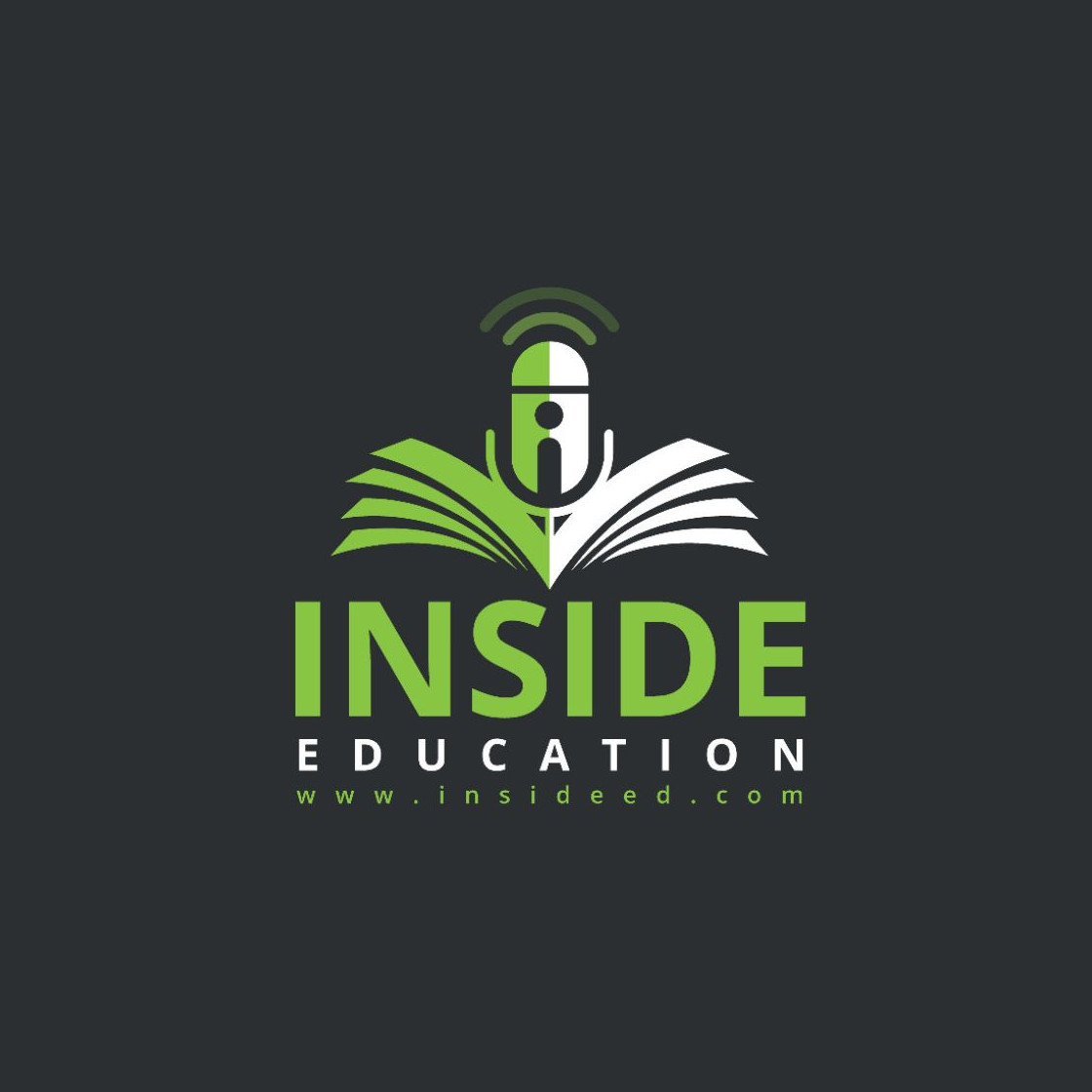
Episodes

Sunday Apr 18, 2021
Sunday Apr 18, 2021
Presented and produced by Seán Delaney.
On this week's podcast I speak to Professor Gregory Cajete from Santa Clara Pueblo and the University of New Mexico about indigenous education and what contemporary western education can learn from such rich traditions. Among the topics we discuss are:
- Belonging to the Tewa tribe and what is particular about that tribe.
- Numbers in different tribes such as the Navajo, Cherokee, the Hopi and the Tewa.
- Being the first member of his family to attend public school
- Previously native Americans would have attended federal boarding schools (created by Pratt), with a basic academic curriculum
- Professor Cajete refers to “Charles Pratt” but this may be a mistaken reference to Richard Henry Pratt, to whom the expression “Kill the Indian, save the man” was attributed.
- Tribal College Union established in the 1970s (36 colleges – like first and second year of colleges; giving 2-year degrees)
- Defining indigenous education: Distinction between native American students attending US public schools (including the Bureau of Indian affair schools and religious denominational schools) – education as assimilation versus traditional indigenous education including stories, history, customs and language of the people.
- Relationality as the basis of indigenous education – developing a relationship to the place in which we live
- In indigenous education people ask the question, “how am I related to this?” versus the predominant “western” question “What is this?”
- Currently attempts are being made to introduce native American language, culture and traditions into US public schools
- Epistemology (how we come to know what we know) of indigenous education involves storytelling, ceremony, participation in community, rhythm and dance.
- Axiology (what is the focus of/what has value in?) of indigenous education is about establishing a balanced relationship with your environment, including human and other-than-human entities; a place-based world view (based on where you live).
- Logic of indigenous education is ecological and is one of balanced interdependence. It is part of an understanding that everything you do impacts everything around you.
- The Lakota people say “We are all related.”
- The “intractable conflict” between indigenous education and public school education in the United States
- Why the curriculum focused on subject-matter is object-focused and parts-oriented whereas native education is ecological, sustainable and holistic.
- Shortcomings of the subject-based curriculum include that it doesn’t teach for relationality or about the ecological mandate, the pre-requisite for sustainability; these are “specialised fields” whereas in indigenous education, you learn these from the day you’re born and reinforced consistently throughout one’s lifetime. Consequently you acquire a life-centred focus.
- Many native artists are entrepreneurial while maintaining a traditional viewpoint. An economic focus is on benefiting the community, not just oneself.
- Gary Nabhan is not native American but he writes about native forms of agriculture.
- Enrique Salmón too has written on this topic.
- Books Greg Cajete has written:
- Look to the Mountain
- Igniting the Sparkle: An Indigenous Science Education Model.
- Native Science: Natural Laws of Interdependence
- Spirit of the Game.
- Indigenous Community: Rekindling the teachings of the seventh fire.
- Native Minds Rising: Exploring Transformative Indigenous Education
- Sacred Journeys: Personal visions of indigenous transformation
- Values that underpin indigenous education
- O. Wilson’s biophilic sensibility – caring and empathy for each other, caring and empathy for the natural world and caring and empathy for your soul
- The indigenous stages of developmental learning; finding the essence of your soul.
- Question: What does it mean to become a full human being? Chant: One must first find one’s face (you identity), one must then find one’s heart, finally one must find one’s foundation (what you stand on) in the context of relationship, responsibility, respect and resonance, with one’s self, one’s community, one’s place, then with one’s world, within the context of your relationship with the cosmos.
Version: 20241125

No comments yet. Be the first to say something!